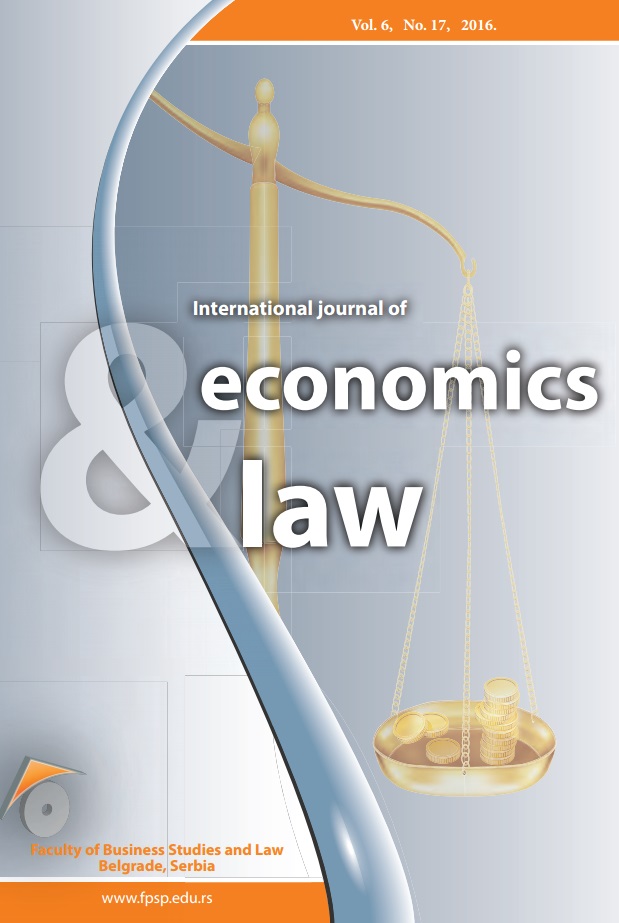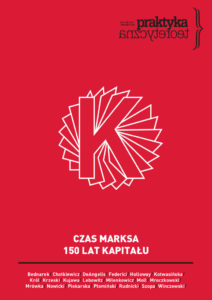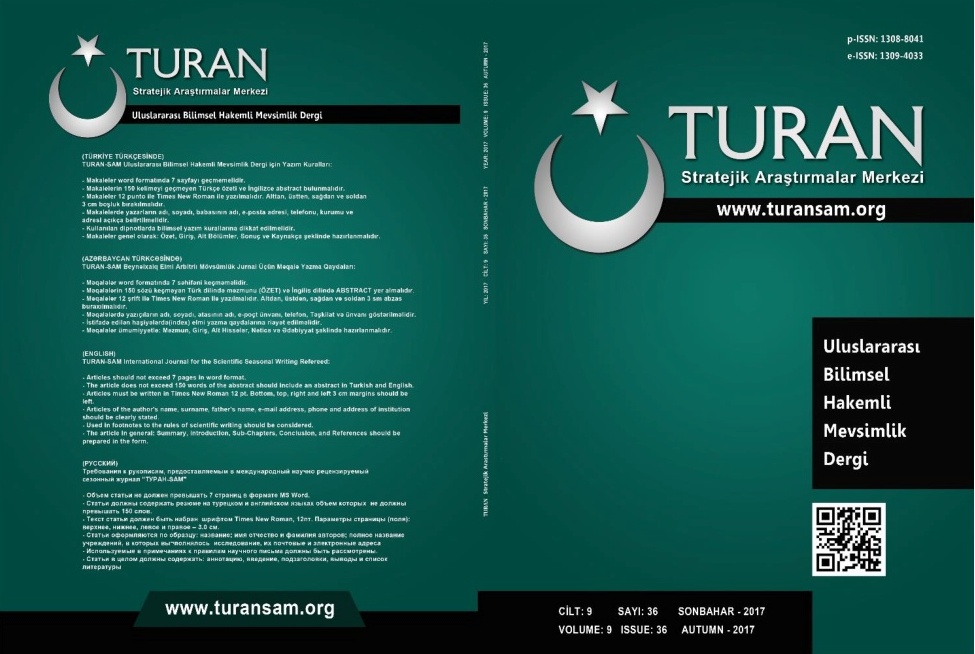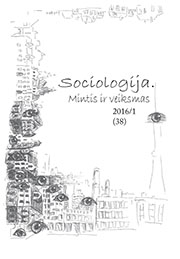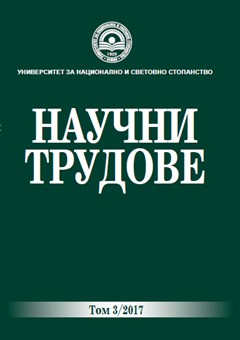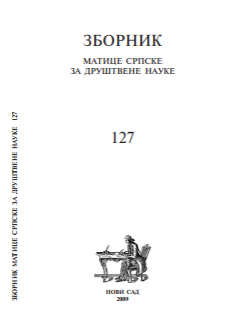Author(s): Satoshi Kitami / Language(s): Japanese
Issue: 64/2017
В нескольких предыдущих статьях мы обсуждали метафизическое мировоззре- ние ряда мыслителей периода так называемого «русского религиозно-философского ренессанса» (Вяч. Иванова, Н.О. Лосского, Н.А. Бердяева, С.Л. Франка). В результа- те мы выяснили, что главным предметом их мышления является ноуменальный мир (сущее, вещь в себе, реальность и т. д.), но при этом именно их понятие о ноуменаль- ном мире включает противоречие: они считают ноуменальный мир, с одной стороны, временно и динамично становящимся миром, а с другой, миром идей, никогда не изменяющимся и вечно сохраняющим свою самоидентичность. В данной статье мы хотим показать, что такого же рода противоречивое понятие о ноуменальном мире можно найти и у С.Н. Булгакова, особенно в его концепции так называемой «фило- софии хозяйства». Вероятно, стоит задаться вопросом: почему у мыслителей «русского религиоз- но-философского ренессанса» представление о ноуменальном мире всегда включает в себя противоречие? Надо думать, это происходит потому, что несмотря на сильное влияние т. н. «философии жизни», в особенности Ницше, Бергсона и прагматистов, по одному пункту русские выступают с критикой этих западных философов. Рус- ские мыслители, желая скорректировать их теорию, в сущности, внесли в нее несо- вместимый с ней элемент, а именно, — элемент, заимствованный из платонизма: с одной стороны, под сильным влиянием «философии жизни» они тоже представляют ноуменальный мир как поток жизни, непрерывно становящийся и изменяющий свой образ, а с другой, они упрекают западных философов за то, что те считают жизнь только хаотическим потоком, и вслед за платониками настаивают на том, что ноу- менальный мир является еще и миром гармоничным и органическим, состоящим из вечных идей. Из-за этого ноуменальный мир представляется русским мыслителям одновременно и как становящийся во времени динамичный мир, и как мир вечно неподвижный, статичный. Что касается Булгакова, то нужно сказать, что в отличие от других современных ему русских мыслителей он не в такой степени был подвержен влиянию западной «фи- лософии жизни», тем не менее, и у него можно найти такое же противоречивое поня- тие о ноуменальном мире. Почему же это противоречие, которое у других мыслителей происходит от их двойственности по отношению к «философии жизни», присутству- ет и у Булгакова, который явно не так сильно связан с этой философией? Вероятно, это происходит потому, что у Булгакова при формировании понятия о сверхэмпириче- ском мире такую же роль, как «философия жизни», играет другая теория. Мы имеем в виду не что иное, как марксизм. Булгаков, по крайней мере в определенный период, представляет себе марксизм как своего рода подобие «философии жизни». Как известно, в марксизме есть понятия «экономический базис» и «идеологи- ческая надстройка». Первое понятие обозначает динамические и творческие силы жизни, которые как раз и заставляют человеческий мир непрерывно и динамично становиться и преображаться. Ясно, что марксистское понятие «экономический ба- зис» соответствует понятию «жизни» в «философии жизни» или ноуменальному миру (Дионису у Ницше, длительности («durée») у Бергсона). А второе понятие над- стройки соответствует миру представлений, миру, который построен человеческим сознанием (идеологией господствующего класса), но, несмотря на эту построен- ность, представляется человеческому сознанию (сознанию господствующего класса) как неискусственный и вечный мир. Вероятно, на основе такой интерпретации марксистских понятий, касающихся поверхностного и глубинного миров, Булгаков считает возможным рассматривать марксизм как своего рода «философию жизни» и, высоко оценивая его за это, в то же время критикует его за то, что ноуменальный мир (экономический базис), если строго следовать учению марксизма, неизбежно предстает слепой стихией, превра- щающей исторически развивающийся человеческий мир в бесцельный и хаотиче- ский процесс. Поэтому, критикуя марксизм, Булгаков, так же, как и другие русские мыслители, вводит в эту теорию совсем чуждый ей элемент, имеющий связь с пла- тоническими идеями. В случае «философии хозяйства» Булгакова таким элементом оказывается понятие «софия», взятое из русской религиозной мысли, или «филосо- фия тождества», заимствованная у Шеллинга. Таким образом, Булгаков с помощью религиозно-философского понятия «софии» или идеалистической и мистической «философии тождества» Шеллинга пытается преобразить материалистическую тео- рию марксизма и тем самым построить свою собственную «философию хозяйства». То есть он действует так же, как другие современные ему русские философы — с помощью платонизма преображает «философию жизни» западного происхождения в свою собственную «русскую философию жизни». Как явствует из вышеизложенного, центральной темой данной работы было своеобразное истолкование С. Булгаковым марксизма как своего рода «философии жизни» и его попытка преобразовать учение марксизма в свою «философию хозяй- ства» путем соединения его с софиологией. Обсуждая эти центральные вопросы, мы обратили особое внимание на следующие пункты: во-первых, как Булгаков понимает марксизм, в чем он солидарен с марксизмом и в чем состоит его критика марксизма; во-вторых, как он разрабатывает свою собственную «философию хозяйства», какую функцию в этой философии играет «софиология» или «философия тождества» Шел- линга; в-третьих, мы говорили о возможности провести параллель между схемой, в соответствии с которой Булгаков развивает свою мысль вокруг марксизма и «софи- ологии», и схемой, в которую вписывают «философию жизни» и платонизм другие современные ему русские мыслители; в-четвертых, мы старались показать, что и у Булгакова, и у других русских мыслителей можно найти два противостоящих начала: одно — разворачивающееся во времени, представленное марксизмом или «филосо- фией жизни», и второе — идеальное начало, выражаемое софиологией или плато- низмом. Эти два начала играли центральную роль не только в замысле «философии хозяйства», но и вообще на протяжении всех периодов творчества Булгакова. Под этим углом зрения мы рассмотрели также сборник его статей «От марксизма к идеа- лизму», «Свет невечерний» и др. Обращая внимание на данные пункты, мы обсудили связанные с марксизмом проблемы в «Философии хозяйства» Булгакова.
More...
